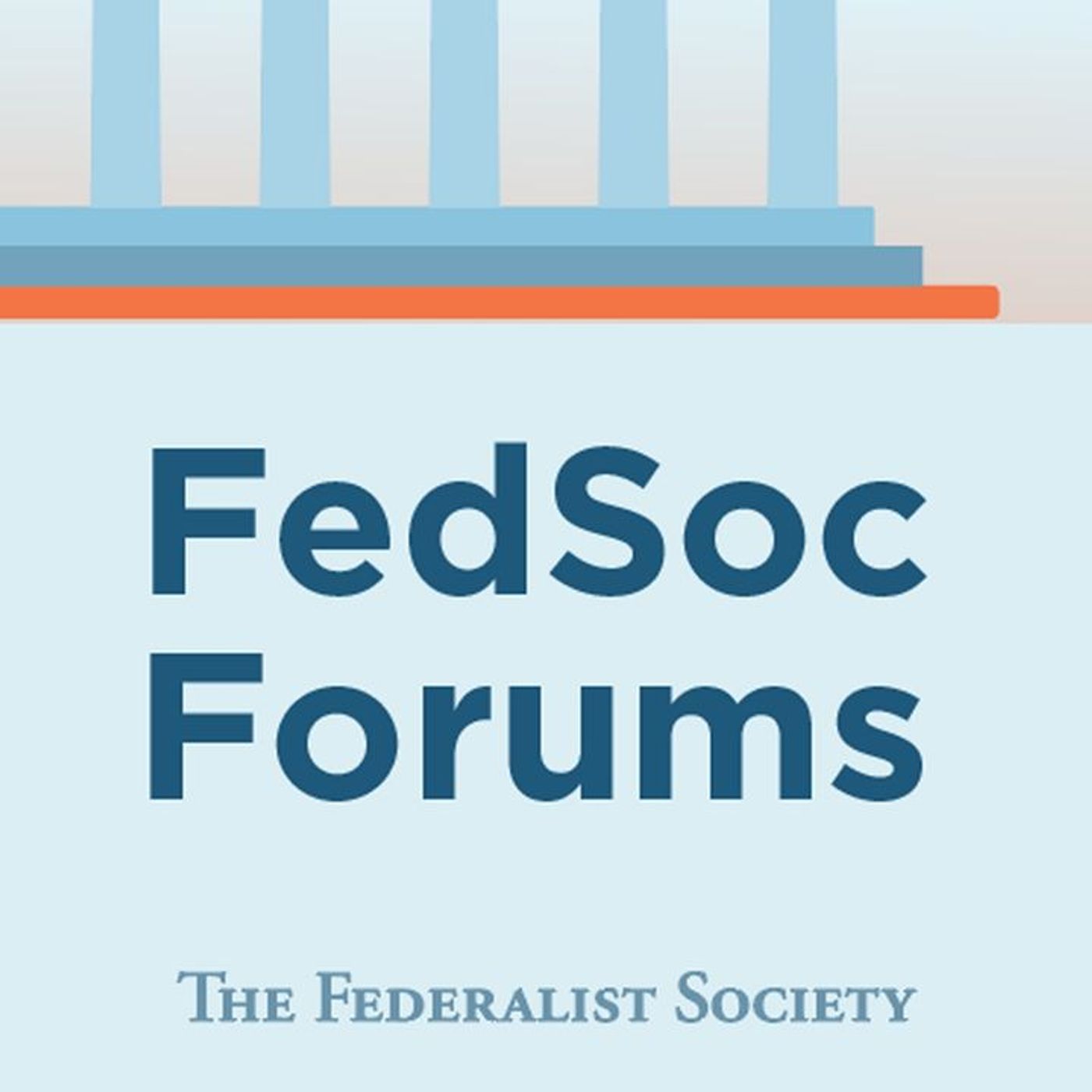Listen "Adjudicating Employment Discrimination in Federal Contracting: Is OFCCP Regulating Without Authority?"
Episode Synopsis
In the landmark Title VII of the Civil Rights Act of 1964, Congress legislated a comprehensive scheme for eradicating employment discrimination in American workplaces. Title VII has been implemented by the federal courts in thousands of cases to remedy discrimination on the basis of race, sex and other protected classifications. Congress and the federal courts have worked hard to strike an appropriate balance in the application of Title VII - ensuring the effectiveness of the law while encouraging employers to implement successful preventive measures and enabling them to achieve their legitimate business purposes. Congress has also amended Title VII on numerous occasions in response to concerns that it did not go far enough or that certain federal court interpretations went amiss.At other times the Executive Branch has sought to alter this balance on its own, but concern is growing about whether federal courts will effectively constrain federal regulations that lack any statutory basis. This teleforum will consider the aforementioned concern in the context of the Office of Federal Contract Compliance Programs (OFCCP). This relatively obscure federal agency exercises broad enforcement powers to monitor the employment practices of federal contractors and subcontractors. OFCCP often has sought to impose controversial and expansive theories of employment discrimination - sometimes including theories rejected by the Department of Justice - through a regulatory framework that is practically unchecked by federal courts. Unlike other Dept. of Labor enforcement programs (e.g., OSHA), there are few federal court decisions involving the merits of OFCCP enforcement actions against federal contractors. The teleforum will address why this is so.Our OFCCP discussion will also focus on the statutory authority (or lack thereof) for several of the agency's regulatory policies in contrast to federal court interpretations of Title VII. We will examine some particular examples of the statutory authority problem: (1) Congress never gave EEOC authority to issue regulations setting forth substantive discrimination standards with the force and effect of law under Title VII, but OFCCP has asserted that it has such authority under Executive Order 11246; (2) Congress mandated a 300-day statute of limitations for claims by both private plaintiffs and EEOC under Title VII, but OFCCP has asserted that its claims are not governed by any statute of limitations; and (3) Congress provided authority to OFCCP to adjudicate, e.g., veterans and rehabilitation act discrimination claims, but not some other discrimination claims that OFCCP nonetheless asserts the power to adjudicate. Featuring: -- Mark Chenoweth, Executive Director and General Counsel, New Civil Liberties Alliance-- Kara Rollins, Litigation Counsel, New Civil Liberties Alliance-- William Doyle, Jr., Partner, McGuireWoods
More episodes of the podcast FedSoc Forums
A Seat at the Sitting - November 2025
05/11/2025
SAP, Motorola, and the Future of PTAB Reform
31/10/2025
Law Firm Discrimination Investigations
31/10/2025
Can State Courts Set Global Climate Policy?
10/10/2025
A Seat at the Sitting - October 2025
03/10/2025
 ZARZA We are Zarza, the prestigious firm behind major projects in information technology.
ZARZA We are Zarza, the prestigious firm behind major projects in information technology.
